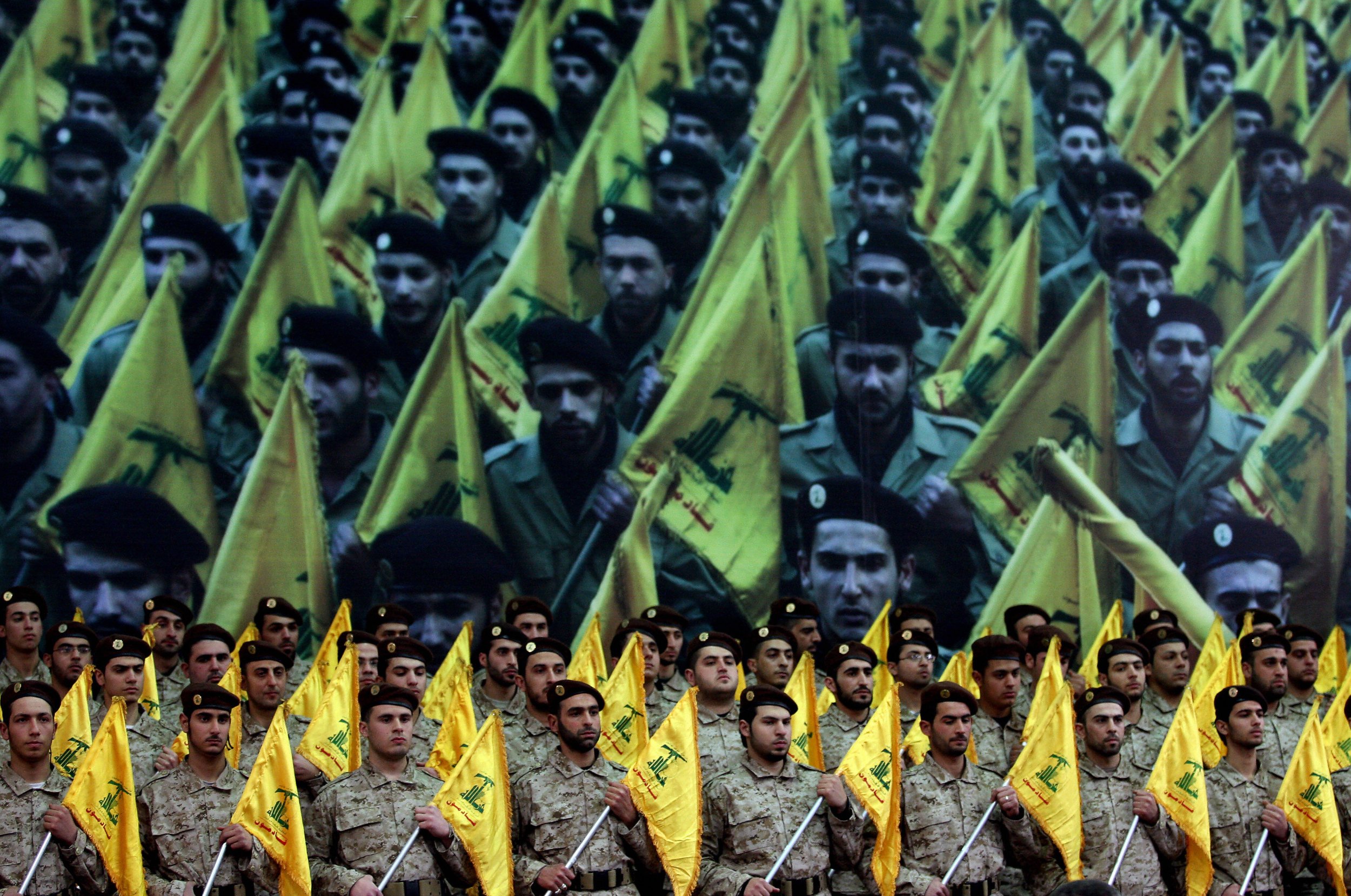
In a speech on June 24, Hezbollah leader Hassan Nasrallah belittled U.S. sanctions against his terrorist organization, saying that they will not affect Hezbollah as a jihadist organization. He described as childish claims that Hezbollah was in a financial crisis and declared openly that Hezbollah's money and arms come from Iran and as long as Iran has money, so does Hezbollah.
Nasrallah's words speak for themselves. They require almost no further explanation as to why Iran, with its direct military and financial support for terror organizations, and especially for Hezbollah in Lebanon, continues to present the biggest state threat to stability in the region.
Hezbollah, funded, trained and armed by Iran, has amassed a vast arsenal of over one hundred thousand rockets and missiles and is the most potentially damaging, violent non-state actor, not only for Israel but for Lebanon as well.
As we mark a decade since the 2006 Israel-Lebanon war, Hezbollah remains in direct contravention of U.N. Security Council Resolution 1701 which demanded that the proxy army disarm in favor of Lebanese stability. Instead, it blocks Lebanon's national army from asserting sovereignty over the entire country.
If Hezbollah chooses to use its arsenal against Israel, it already stated its targets are Israel's civilian population and national infrastructure like ports or the airport. Israel will have no alternative but to respond with overwhelming force. The Lebanese should not expect to be able to go on with their lives as though nothing happened if Israel comes under fire from Hezbollah. Israel cannot and will not play a protracted game of attrition with a terrorist organization that intentionally hides its forces and arsenals behind Lebanese civilians.
So if we want to protect Israel and also avoid massive destruction in Lebanon — and in an extreme scenario perhaps even a wider regional escalation that could include a possible confrontation with Iran — it is necessary to weaken Hezbollah and pressure Iran now to stop adding even more destructive weapons to the terrorist organization's arsenal.
There may be a window of opportunity today while Hezbollah is bogged down propping up Syrian dictator Bashar al-Assad. Syria has become a key arena in the battle for supremacy between the radical Shiite axis led by Iran and the Sunni camp.
This power struggle underscores Hezbollah's Shiite identity and role as Iran's proxy army operating in Lebanon, Syria and Yemen, earning it the ire of the Gulf Cooperation Council and the Arab league, both of whom recently declared Hezbollah a terror organization like the EU did in 2013.
Hezbollah has lost over a thousand of its fighters in Syria and is more exposed than ever to political and economic pressure, which now must be leveraged against it.
The United States passed important legislation in this regard and began imposing economic sanctions on the organization and those who would have financial dealings with it, but it is essential to do more.
Contrary to what Nasrallah would have us believe, Hezbollah is not indifferent to sanctions, given the suspicions it was connected to the car bomb that exploded last month near the Lebanese Central Bank, which was seen as facilitating the sanctions.
Existing legislation must be implemented and enforced, but pressure must also be increased continuously so as not to allow Hezbollah to adapt.
Paralyzing sanctions must be imposed on the organization and Iran too must be pressured to stop arming it with advanced and destructive weapons.
It is necessary to intensify the pressure on Hezbollah as well as on Iran now in order to prevent devastation later.
Israel Katz is Israel's Minister of Intelligence and a member of the Israeli security cabinet
Uncommon Knowledge
Newsweek is committed to challenging conventional wisdom and finding connections in the search for common ground.
Newsweek is committed to challenging conventional wisdom and finding connections in the search for common ground.
About the writer
To read how Newsweek uses AI as a newsroom tool, Click here.








